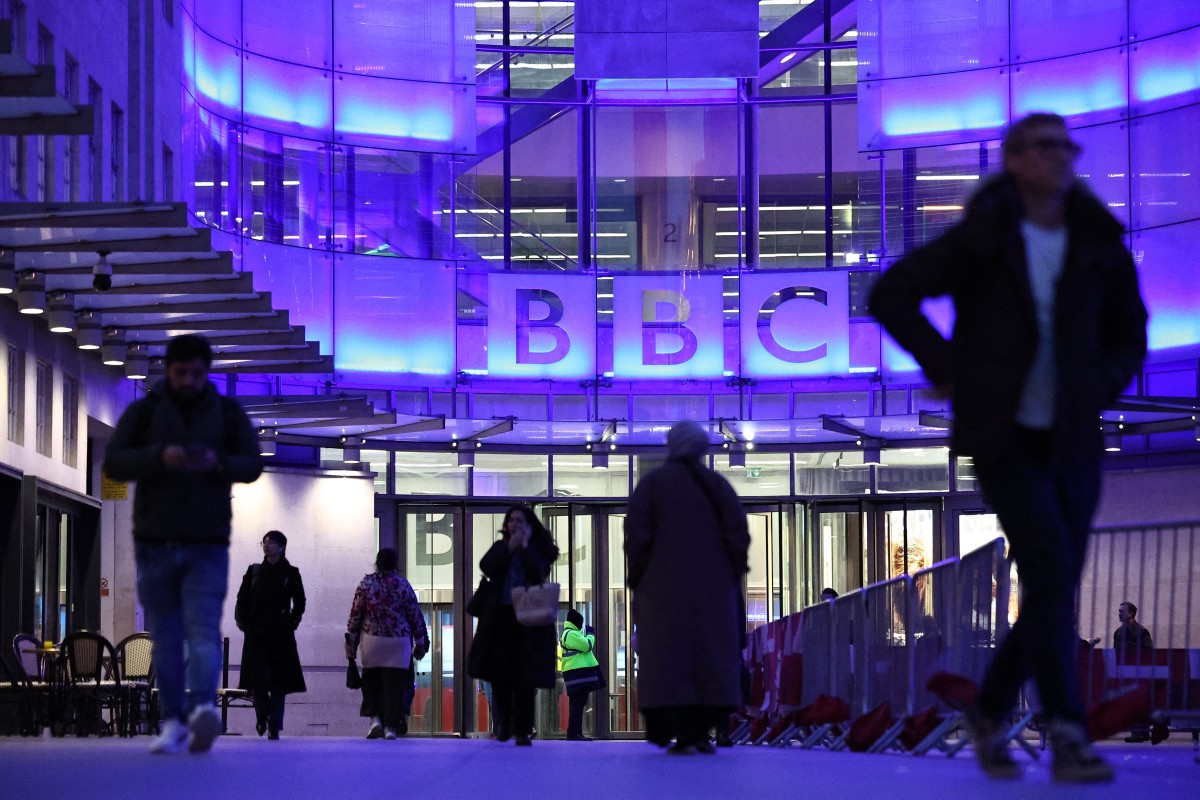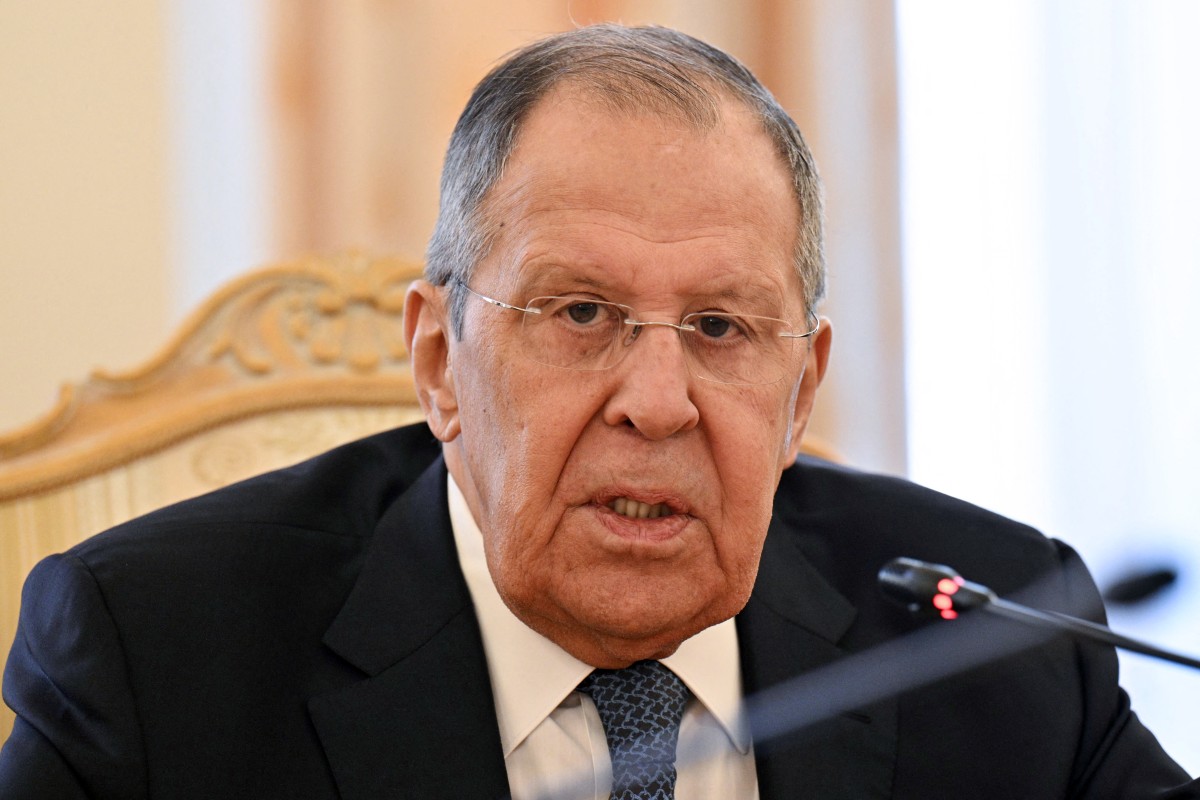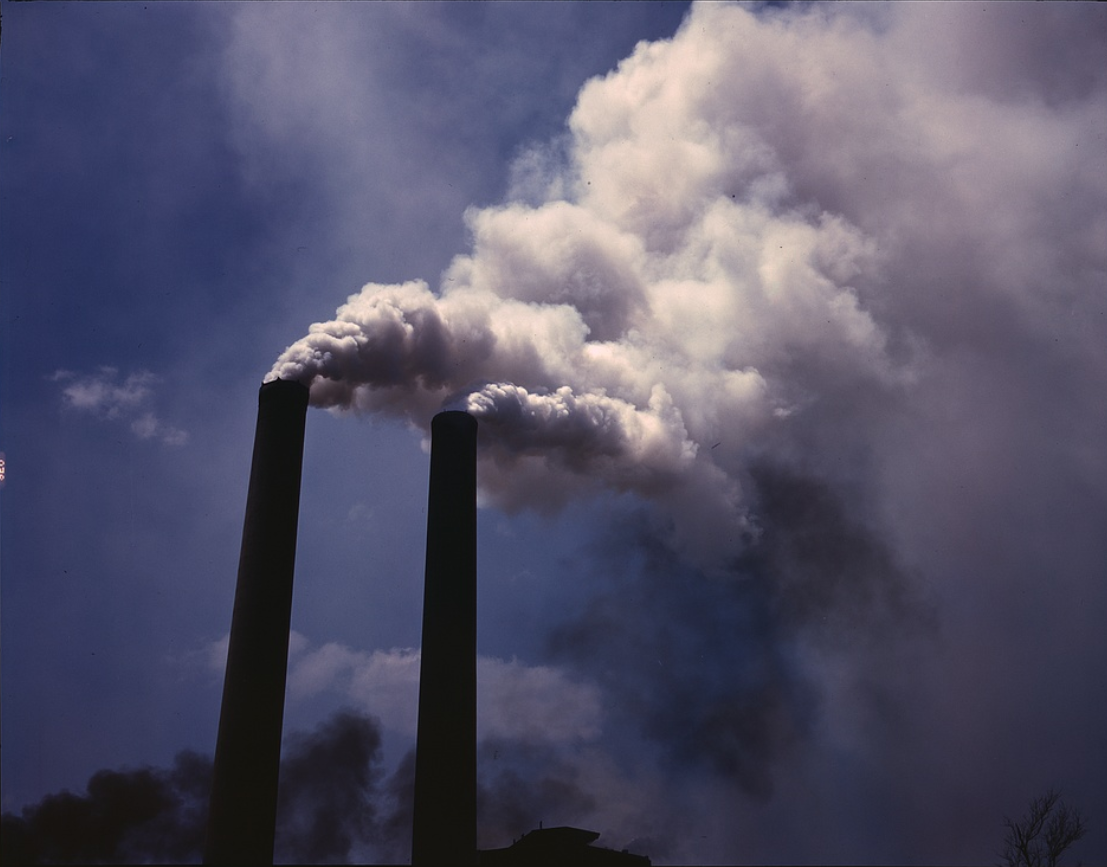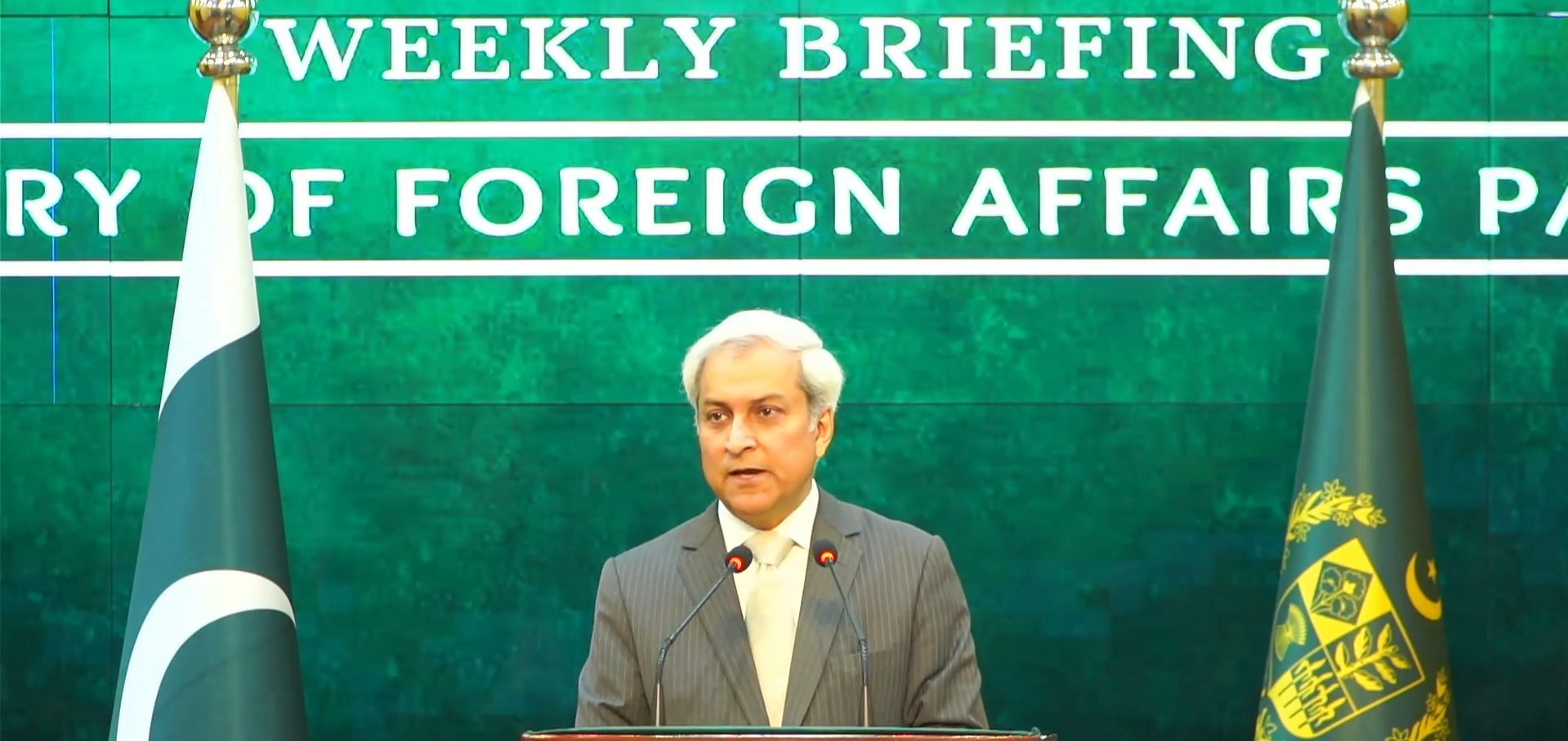LONDON: Accused of being biased by some, defended as a champion of impartiality by others, the BBC is once again the subject of a thorny debate about the role of a publicly funded broadcaster in an increasingly polarized landscape.
The BBC is regularly used as political football, with the organization facing flak for how it chooses to cover issues from climate change to Brexit.
Now it is under greater scrutiny than ever before, following the revelation that a documentary it aired last year misleadingly edited a speech by US President Donald Trump.
Trump has issued an unprecedented threat to sue over the documentary, which was broadcast before the US presidential ballot and examined why US voters were prepared to re-elect a convicted felon.
In the former constituency of ex-prime minister Boris Johnson, a vocal critic of the BBC, one pensioner questioned by AFP appeared torn between her attachment to the BBC and its struggles sometimes to fulfil its public service duty when it comes to the news.
"I don't want to get rid of the BBC... but I think they have been biased on a lot of things," said Sandra Madden, a resident of Uxbridge, west London.
The octogenarian retiree said the editing of Trump's speech -- which gave the impression he made a direct call for violence before his supporters attacked the Capitol in January 2021 -- was "really the straw that broke the camel's back".
It showed that the BBC was "too left-wing", she concluded.
The public broadcaster nevertheless remains the most popular UK news source, according to the latest figures published by media watchdog Ofcom.
Weaponized
Around half of Britons have a positive opinion of the BBC, compared to 29 percent who hold a negative view, according to a YouGov poll published this week.
While 31 percent said it was too left-wing, 19 percent said it was too right-wing.
BBC chairman Samir Shah this week defended the organization’s "sacred job" of upholding impartiality and the truth.
On hot-button issues like immigration, transgender rights, Gaza or the rise of the far-right, the BBC finds itself caught in the crossfire of different ideological camps.
The BBC "has been weaponized by people who want to use it as an example (in their view) of the world going too far in one direction", said Lee Edwards, professor at the Department of Media and Communications at London School of Economics (LSE).






